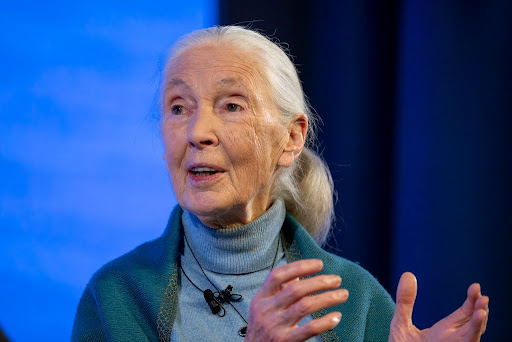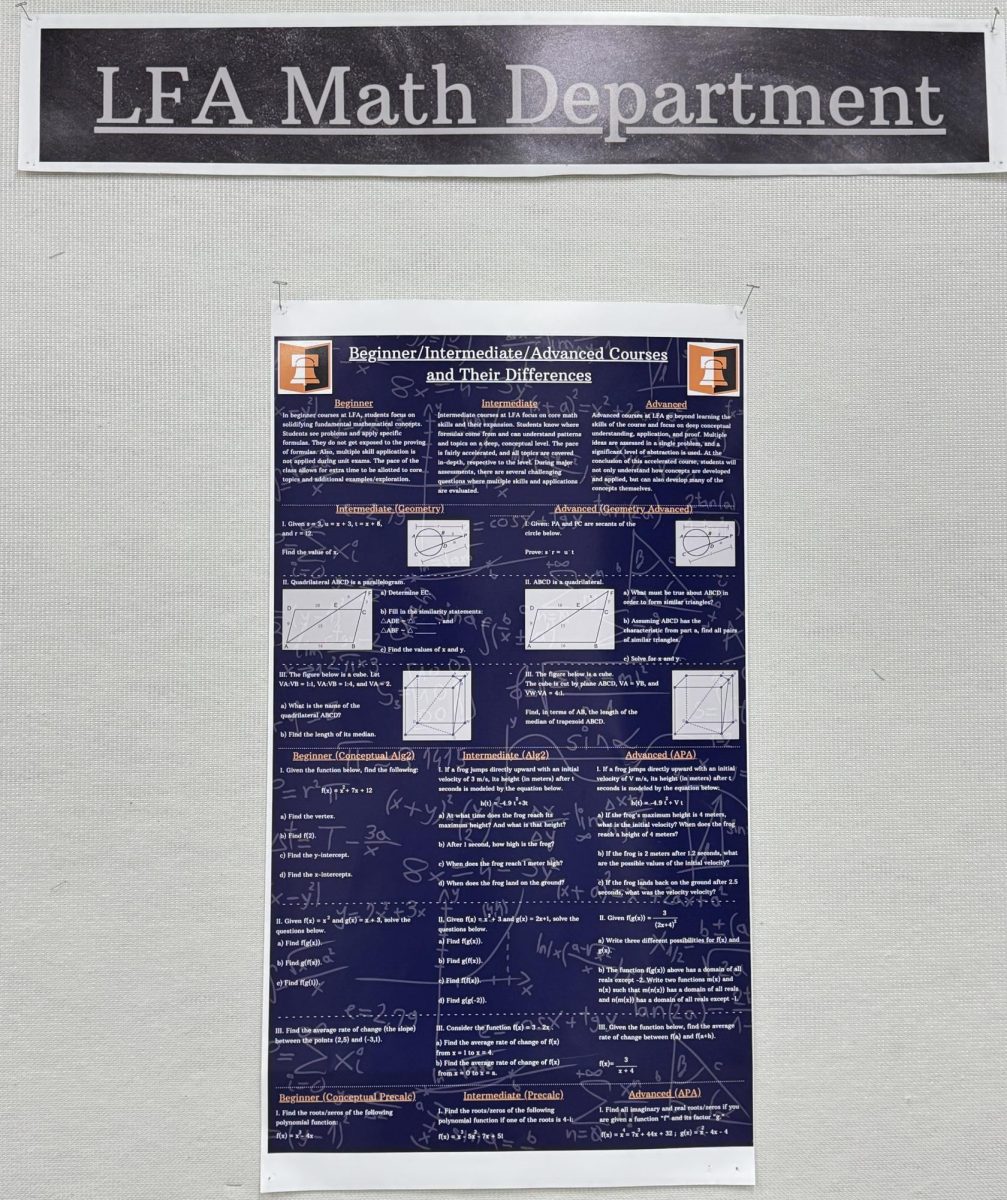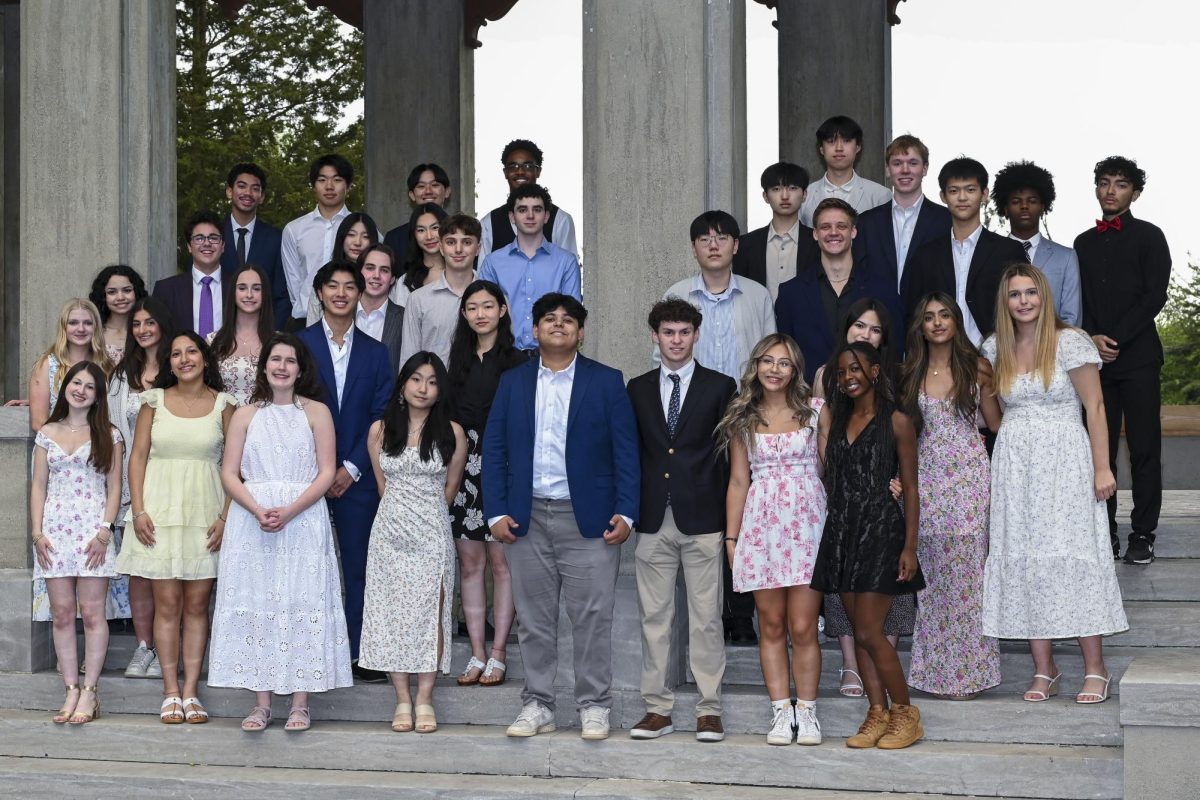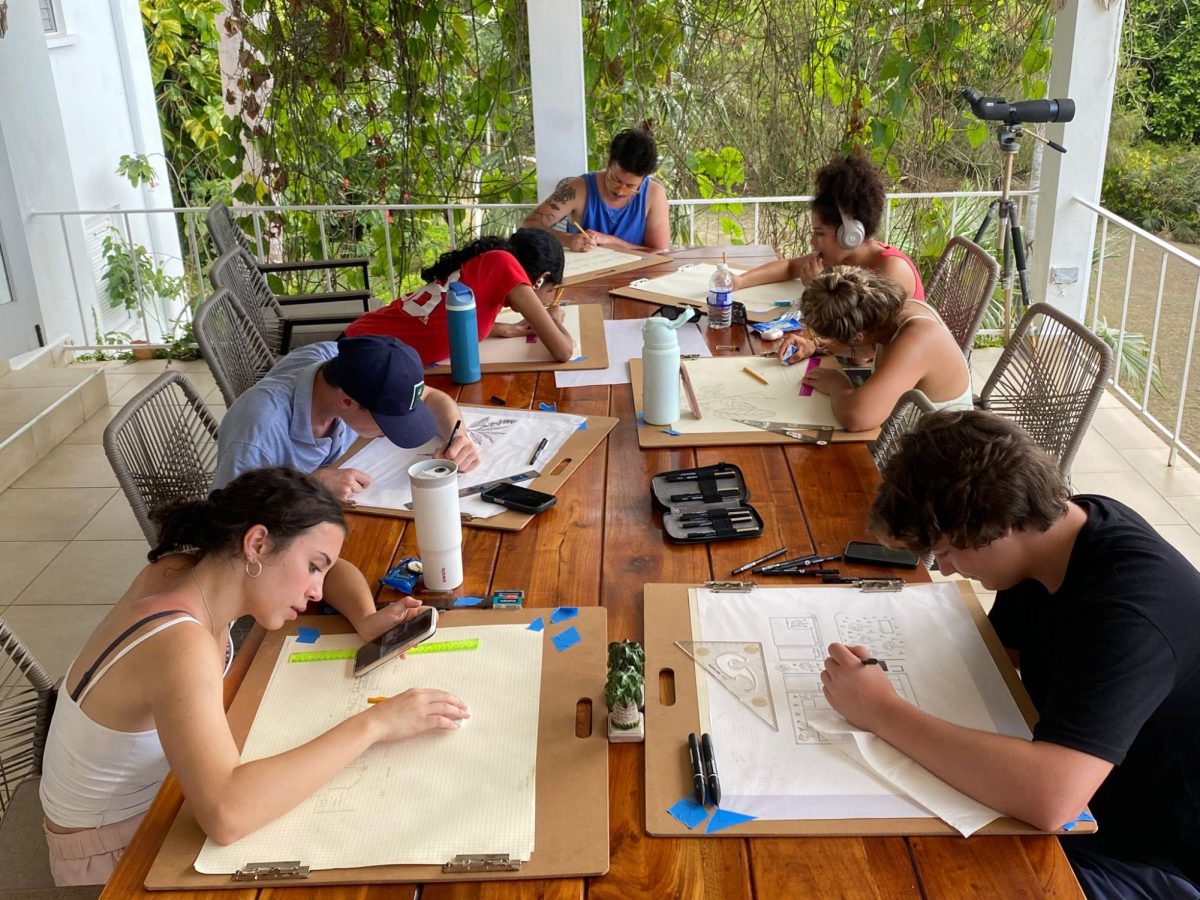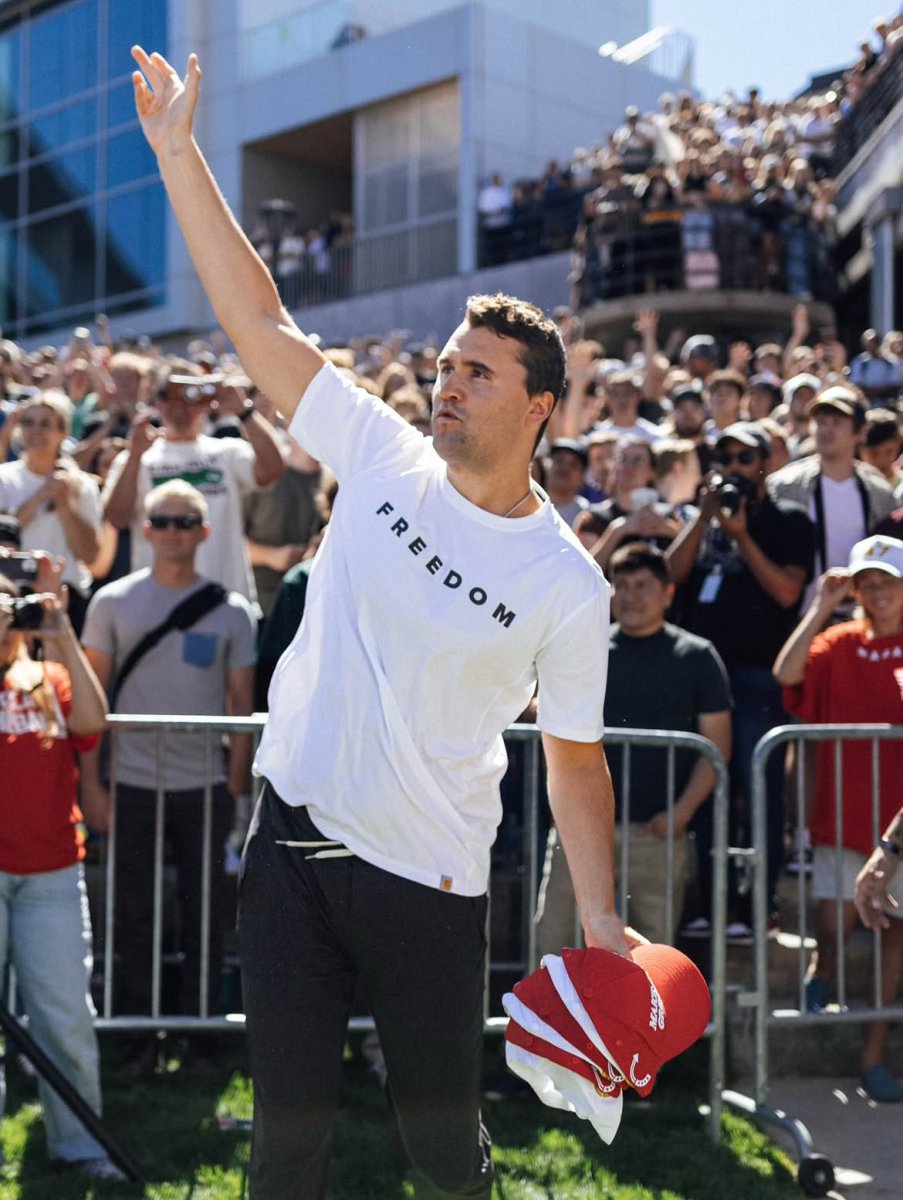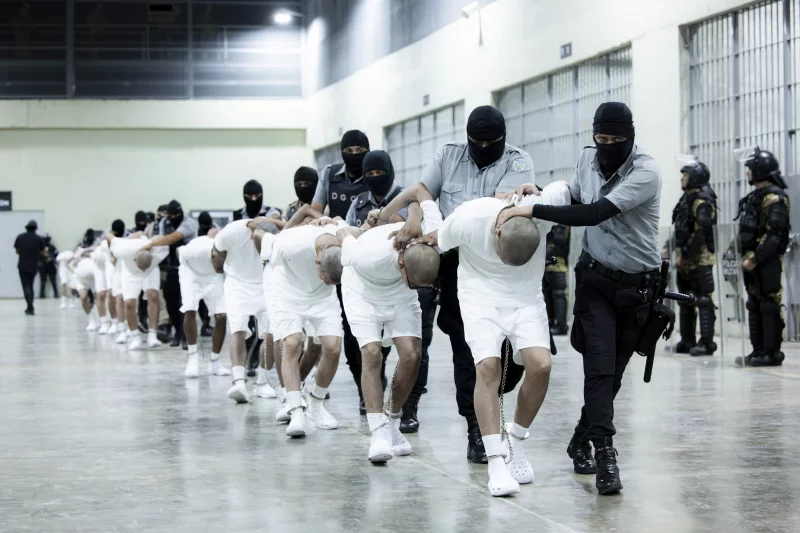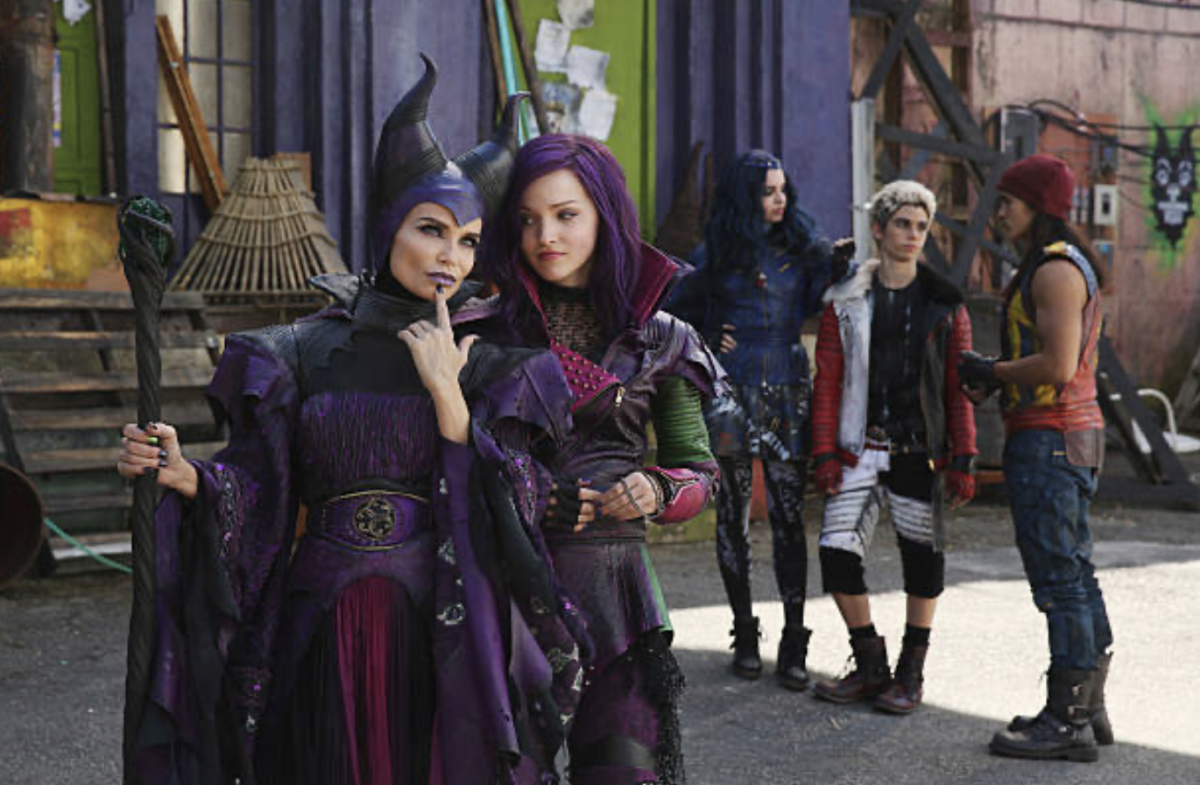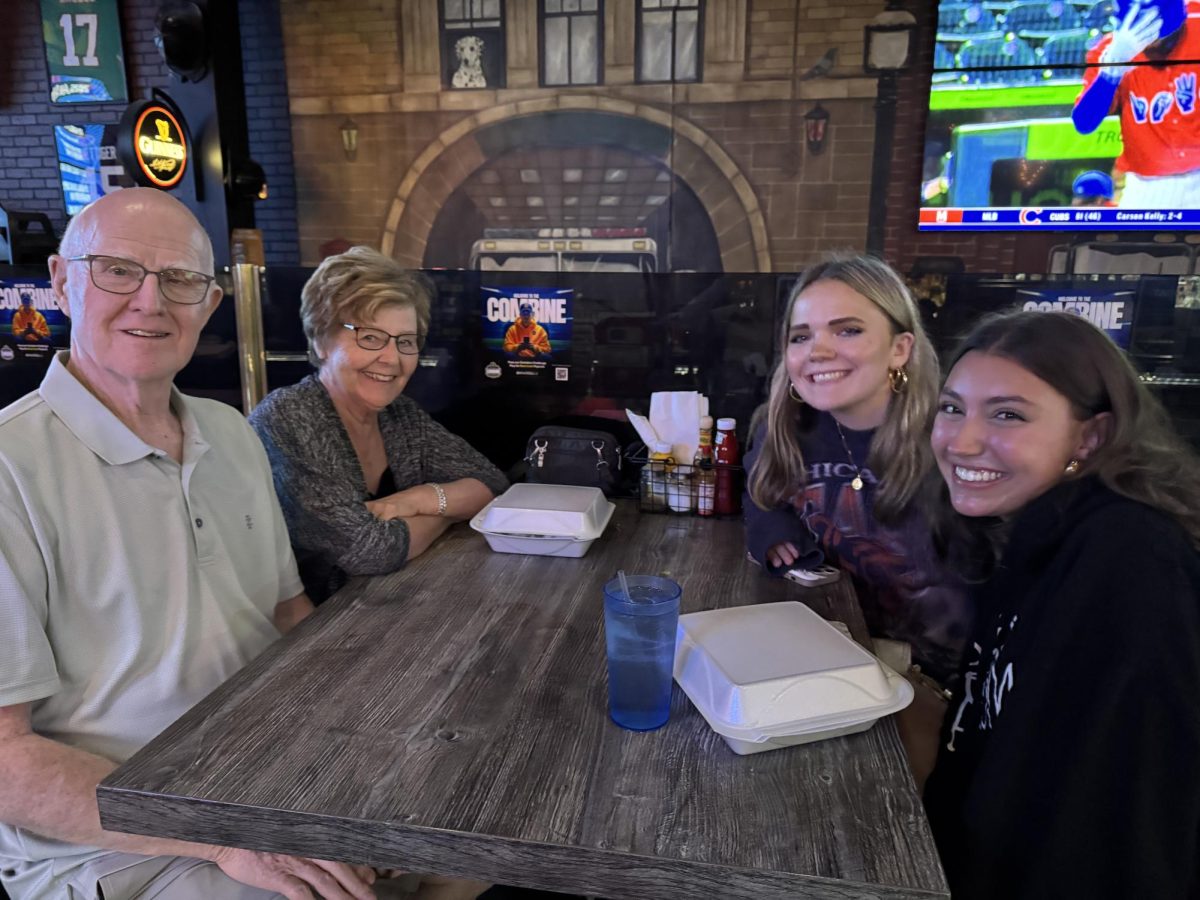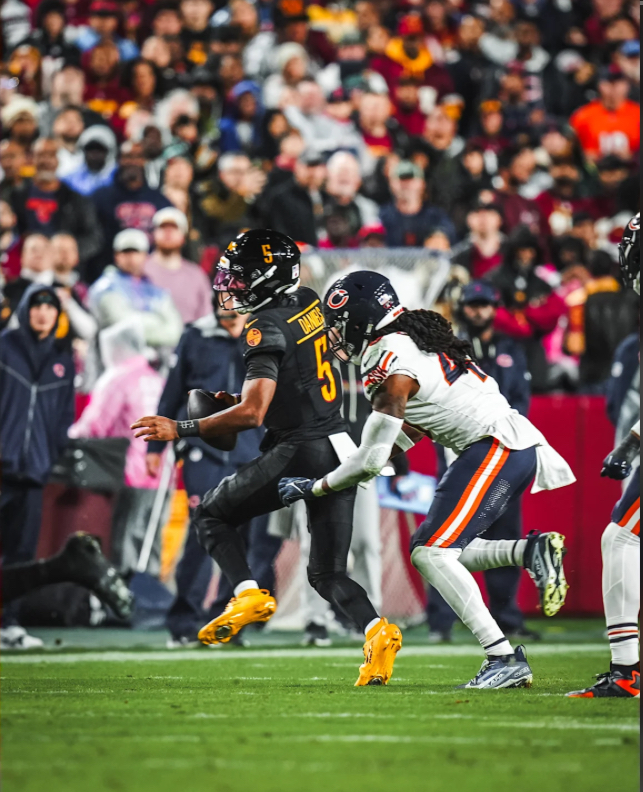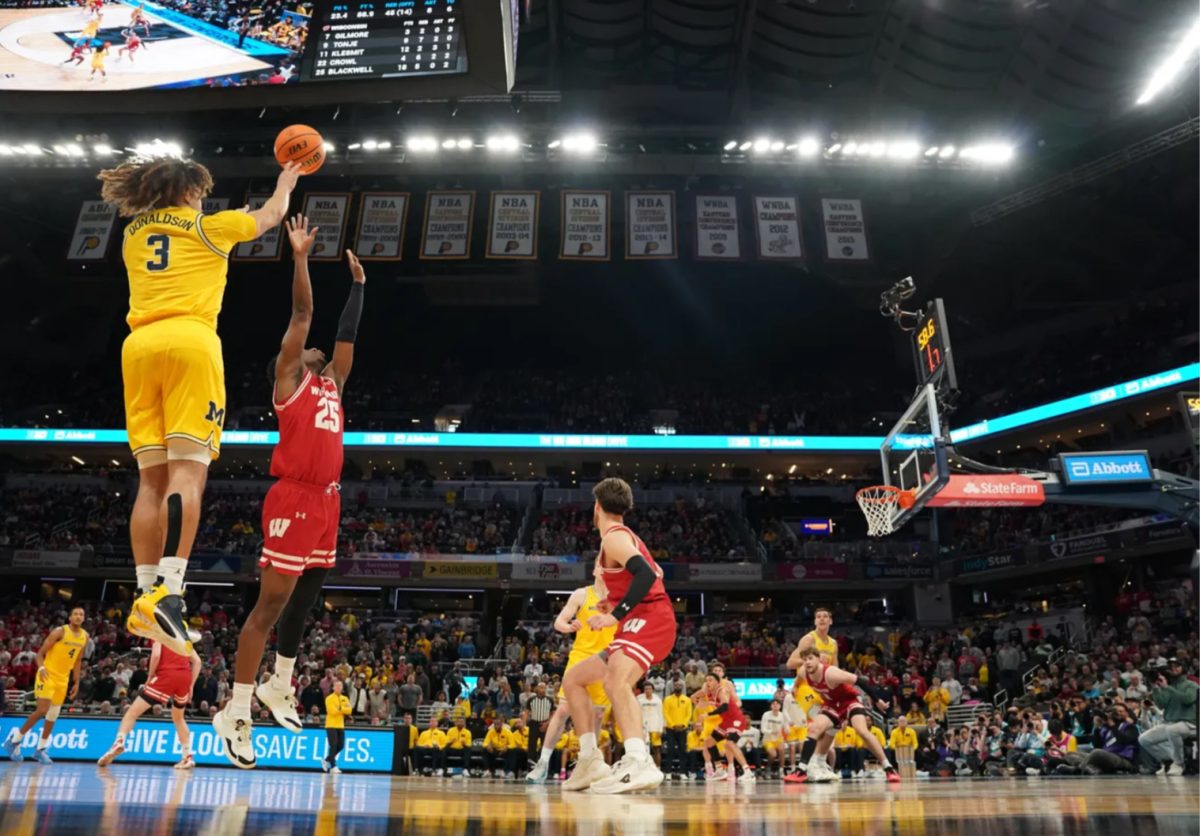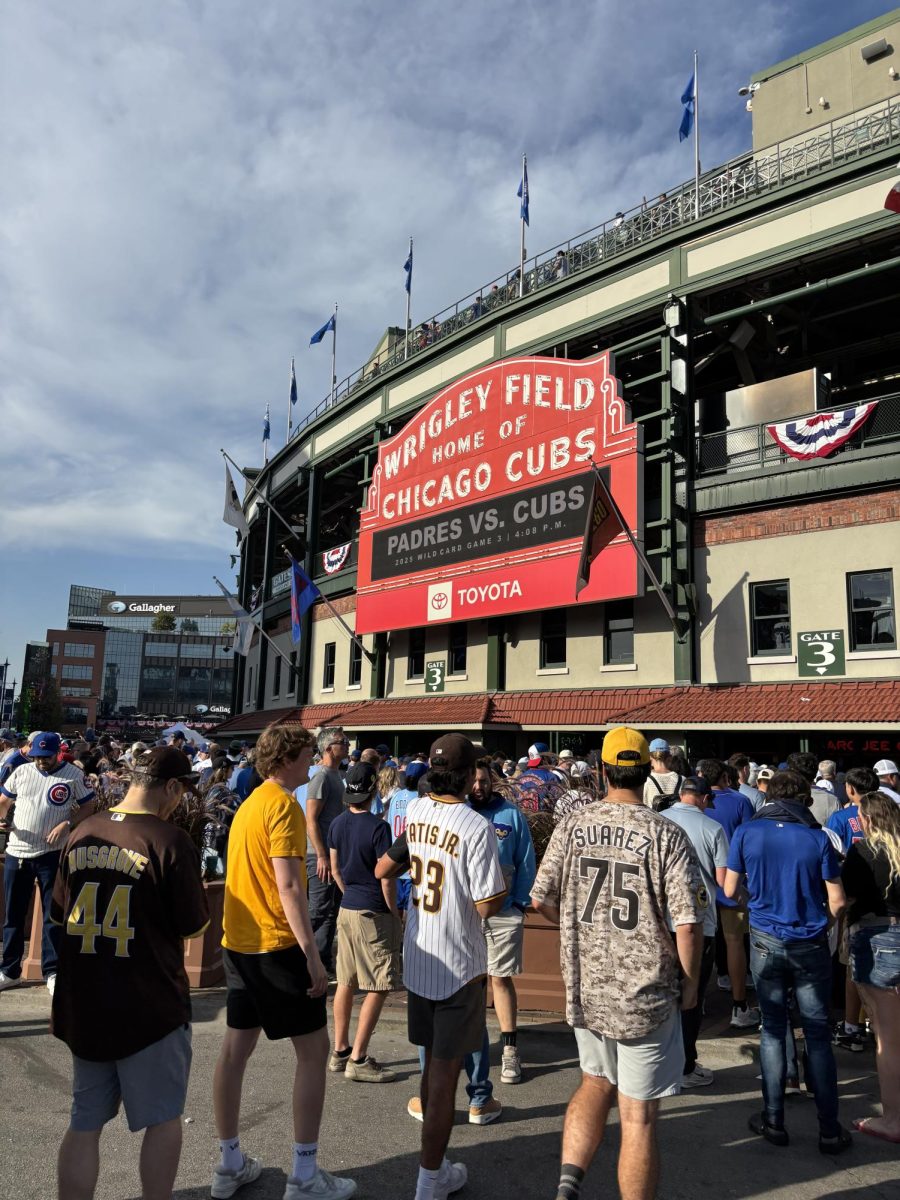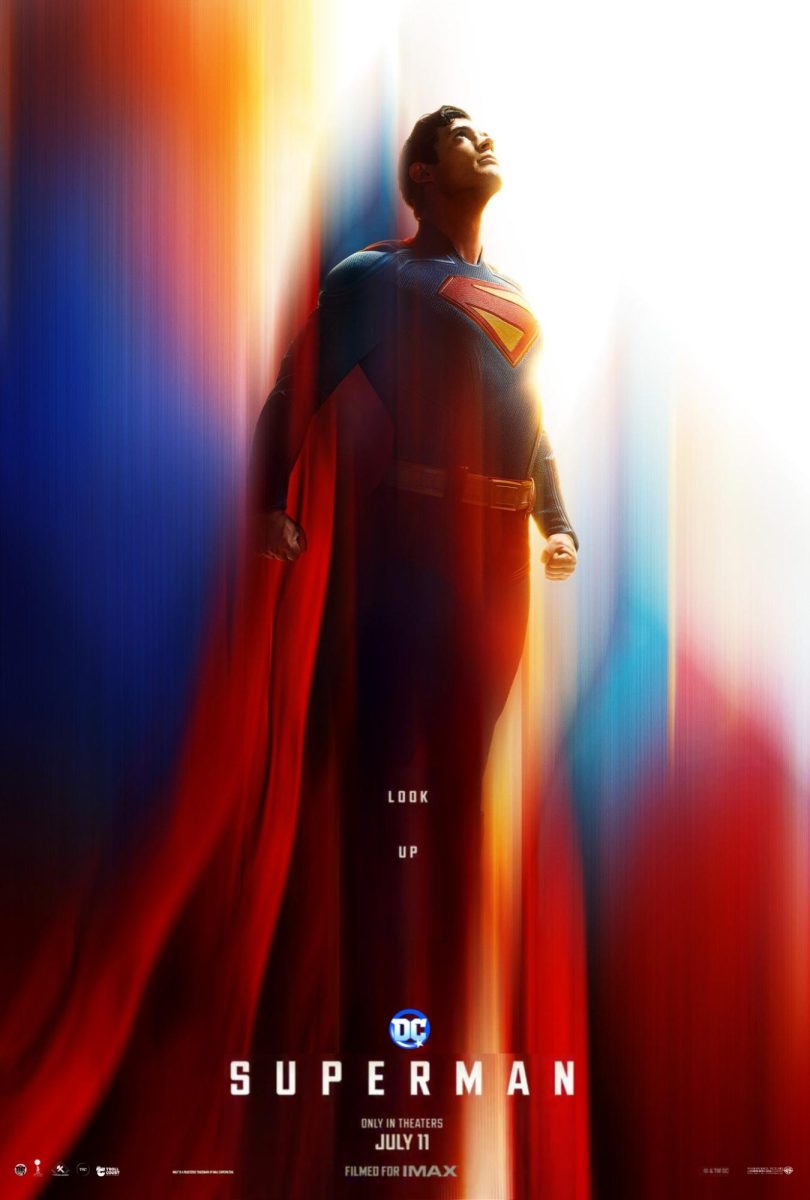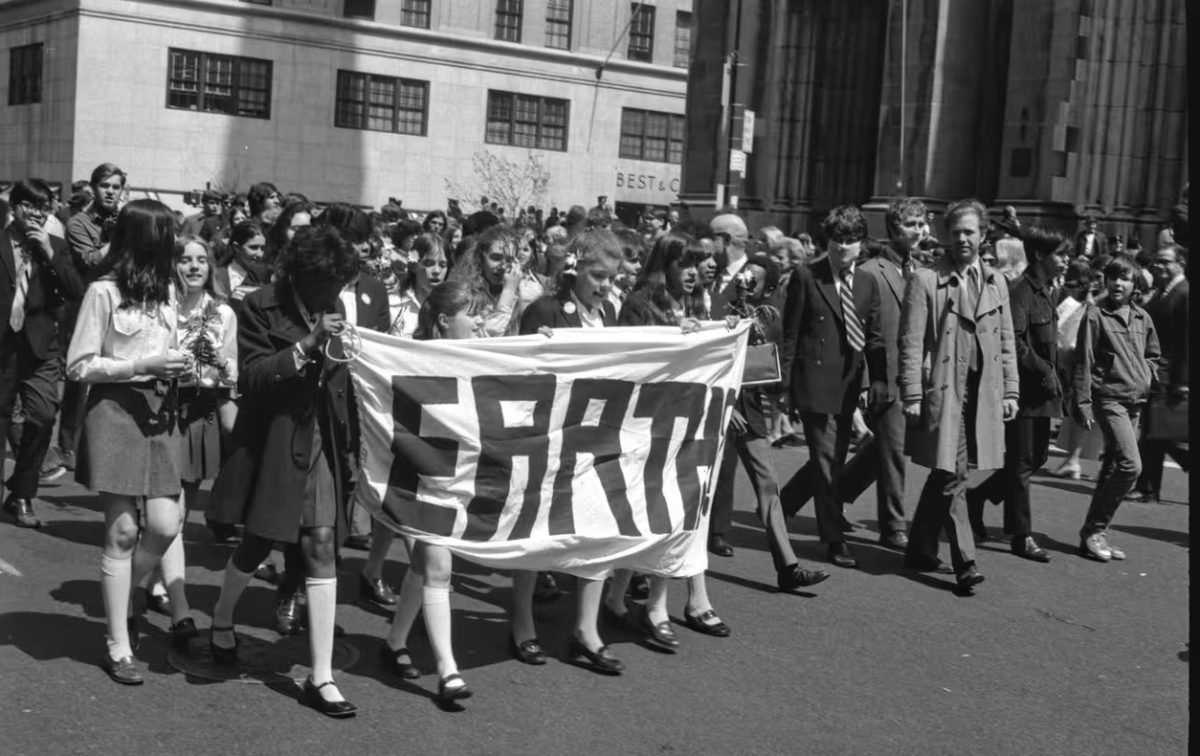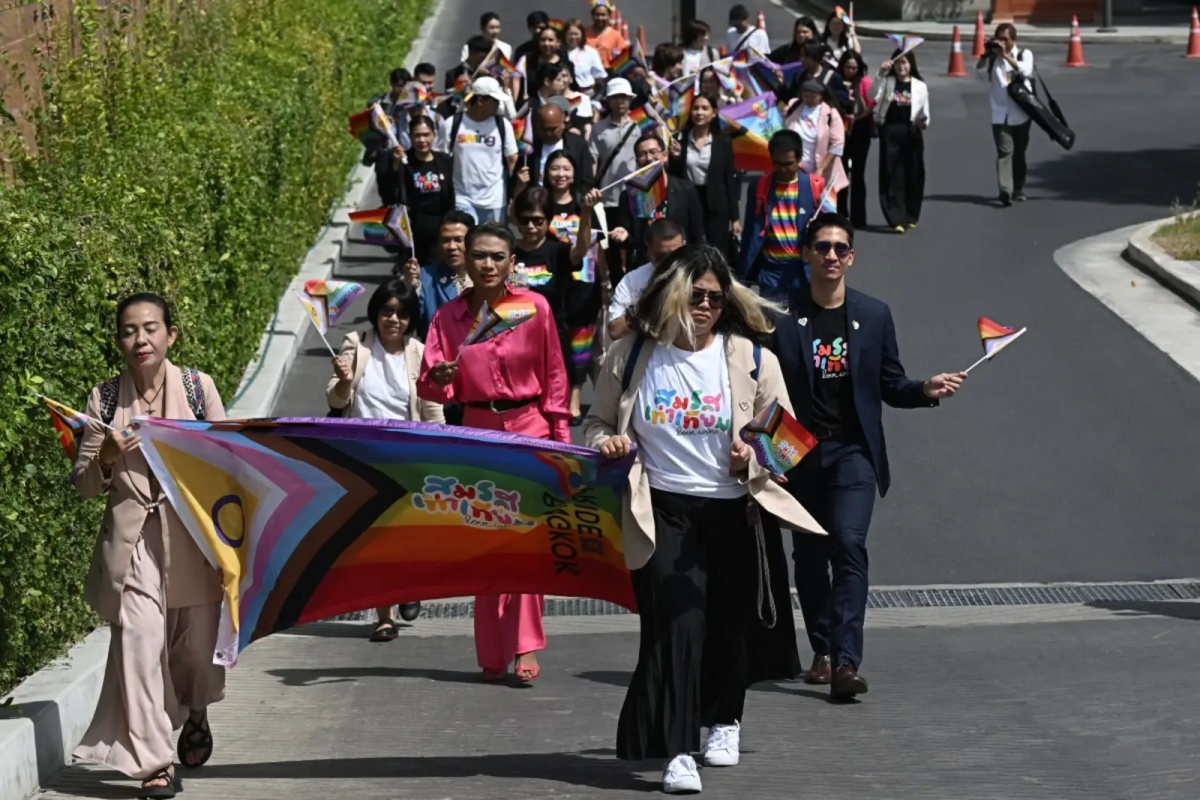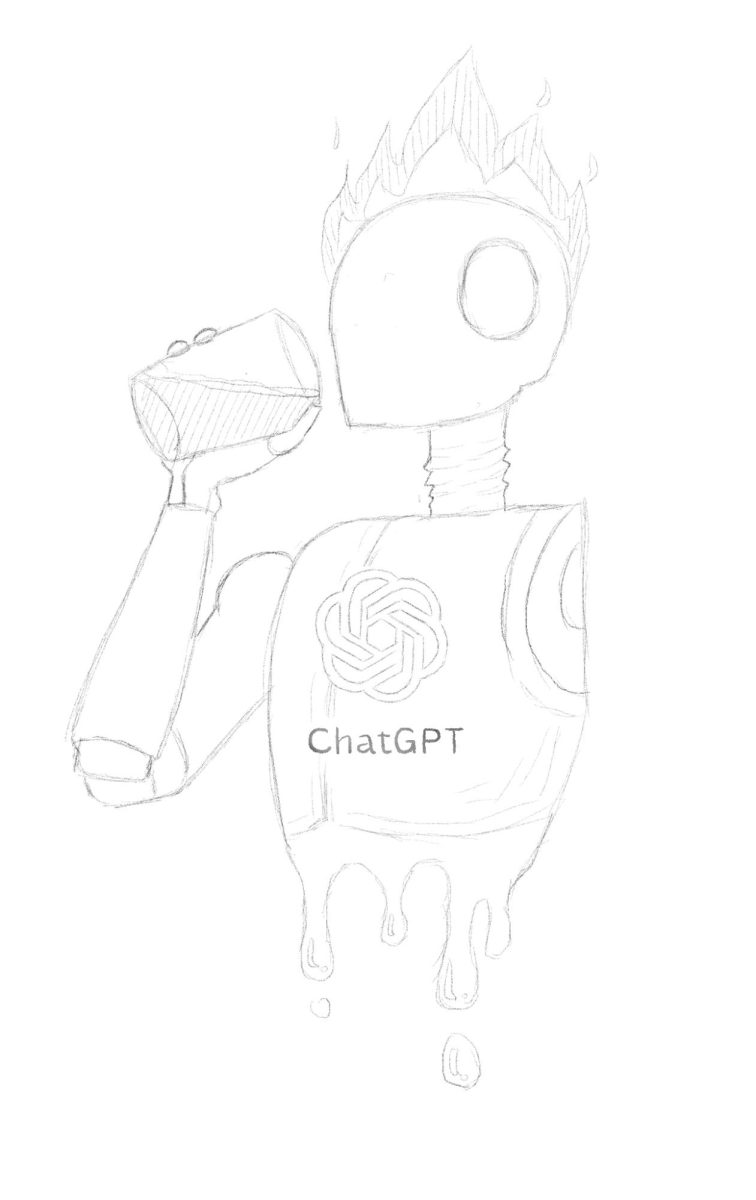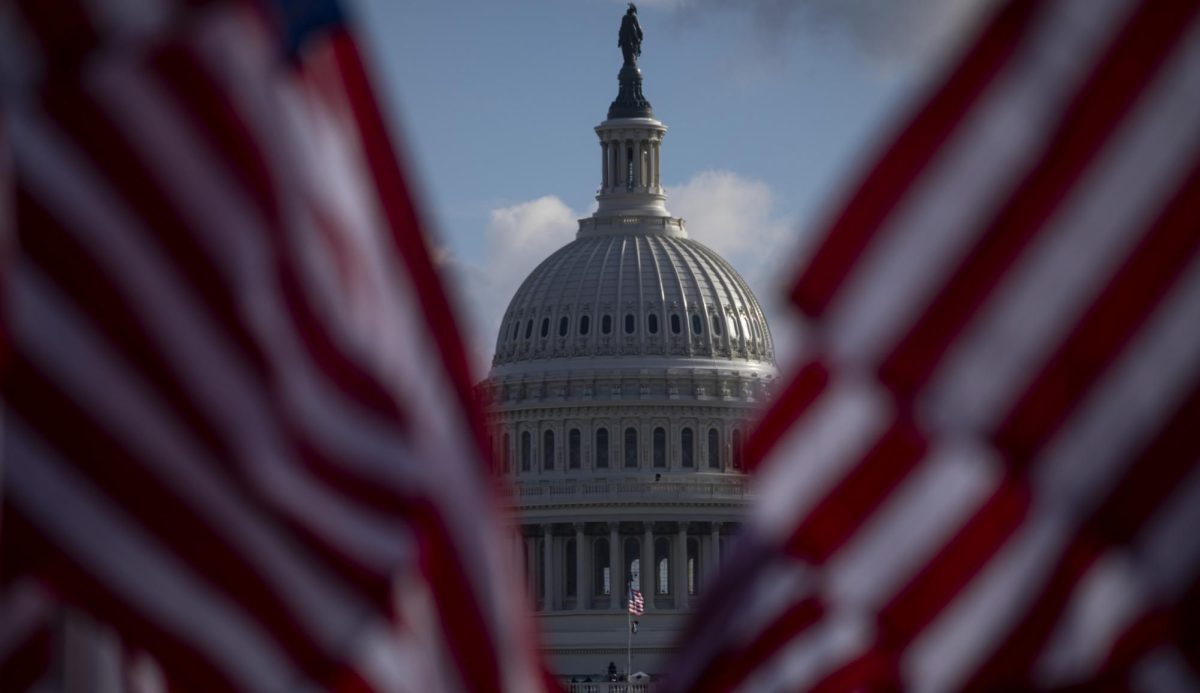Starbucks has a legal battle brewing. The recently published Supreme Court trials revealed Starbucks’ problematic morals that displaced many Starbucks employees nationally. The sensitive topic of labor unions has been an ongoing debate – particularly emphasized in the recent labor movements from Amazon employees in Alabama and Walmart’s horrific treatment of employees worldwide. However, the recently released Supreme Court hearing recordings revealed Starbucks’ hidden anti-union policies. Raising awareness on this subject matter has been challenging to accept within our local community due to the severity of addiction to Starbucks’ sugary beverages.
Since April 23rd, 2024, recent audio accessibility to the Supreme Court trials has raised awareness for and impacted the public’s opinions on controversial cases. The trials brought in a new audience of adolescent viewers and future lawyers. Most relevant to our community’s obsession with Starbucks, the Starbucks Corporation versus McKinney trial follows the story of eight Starbucks employees in Memphis, Tennessee. According to Justia US Law, the employees filed an action with the National Labor Relations Board under section 8 of the National Labor Relations Act, 29 U.S.C. 157. This action was filed to ensure the safety of seven Starbucks employees against COVID-19 amidst Starbucks’ early removal of COVID-19 restrictions and gain of more comfortable working standards. Starbucks Corporation fired the seven employees (Nikki Taylor, creator of the union, and her six coworkers on Tuesday, February 8th, 2022) for allegedly violating the dress code by wearing leggings, being rude to customers, and leaving the coffee shop unlocked at night. However, there’s been no evidentiary support to justify this accusation. The new audience of social media listeners expressed their opinions that the discharges were caused by prejudice against the union members’ identities consisting of non-traditional axioms.
One of the union members in Memphis, Ky Fireside, stated “I’m on state healthcare…Starbucks doesn’t pay me enough to buy health insurance and does not work me enough hours to qualify for Starbucks insurance.” According to In These Times (an American politically progressive magazine), “Workers at more than 100 Starbucks stores in 27 states have filed union petitions for elections, the company has launched a relentless anti-union effort,” in response. Case Law Vlex (the largest global collection of case law available on the internet) states, Starbucks employees in Tennessee stopped wearing union pins as they felt like targets about to get fired. They could not discuss related matters unless they knew there were no managers around. The public recordings caused many communities to question whether they should be supporting Starbucks and what kind of image or message this exerts into the world. Will the popularity of Starbucks decline, or boom, after the scandalous exposure from the Supreme Court recordings?
In an interview with The Spectator, Christine Divine, an American television news anchor for Fox 11 News in Los Angeles, shared her opinions and viewpoints on this subject and how, from her experience, it has changed trends in consumption. When asked about the impact of unionization and its ability to raise awareness on certain topics Divine replied, “Unions can be beneficial because they have the power to promote their cause. It is up to the public to sort through the information and seek perspective on their own to form their own opinions and positions. It is up to news stations to provide a balanced story and ‘get the other side.’ But to answer your question, yes, unions are often able to raise awareness.” Divine also presented her thoughts on the newly released Supreme Court recordings as a whole, “Any recordings can be extremely useful in covering a story. They allow for accuracy in quoting and facts. Actual recordings mean one is not reliant on information from a third-party.”
On the importance of protecting our community from unknowingly supporting companies against unions or equal rights of workers within major international corporations, the most effective way to ease this issue is understanding why many people in our community are oblivious when favoring corporations like Starbucks. Within Lake Forest Academy, our community conducts amusing games and competitions where students can win various prizes like gift cards. However, a majority of these gift cards are for corporations like Starbucks, that have gained attention due to their debatable morals. Emily Kalis, Assistant Dean of Students, explained, “The gift cards get chosen because students want them. It’s similar to Chick Fil A and peoples’ different moral stances. Although it’s important to know when to support a business and when not to. When I give out gift cards, I ask the students what they want. Some say Target, some say Chick Fil A, some say Starbucks but not that many students know about this because of lack of knowledge and the fact that people don’t know this issue is unfortunate, but [they] really like their coffee.”
When discussing the topic of Starbucks with LFA students, the root of this problem was revealed. Barrett Raines ‘25 exclaimed “I wake up and I want it, I leave school and I want it, I go to bed and I want it.” When speaking about his daily consumption of the strawberry acai lemonade beverage from Starbucks.
Jeff Zavelsky ‘26 stated, “I indulge once a week in a variety of drinks; however, my favorite is the iced peach green tea lemonade.”
Nicholas Tjardes ‘25 (who referred to himself as a Starbucks super enthusiast) expressed his daily order, “I low-key got put on the venti iced vanilla white chocolate frappuccino with caramel drizzle and 2 birthday cake pops.” This beverage has approximately 680 calories per serving with 18g of saturated fat, 5g of protein and 69g of sugar (according to the Starbucks official website). According to the American Heart Association, men should have no more than 36g of sugar daily. This whopping amount of sugar is detrimental to a growing teenage boy like Nicholas. Threatening effects include diabetes, high blood pressure, obesity, and fatty liver disease.
As Starbucks is evidently addictive within our community, multiple ways to combat this were proposed. Swati Tanwar, a Global Competencies Teacher, suggested, “Taking the students on van runs to local stores and restaurants instead of chains could be a better and healthier option to benefit our communities and local economy.” Healthier and local business alternatives to Starbucks include Hansa Coffee Roasters in Lake Bluff and Hometown Coffee and Juice in Lake Forest.
This case is larger than Starbucks, it is about what we as a community put forth into the world and how what we exert onto others can have negative or positive effects depending on what kind of people and morals we support. Ergo, with access to the Supreme Court trial recordings, Lake Forest Academy has the chance to raise awareness, help people impacted, better our community, and inspire others to do the same.

